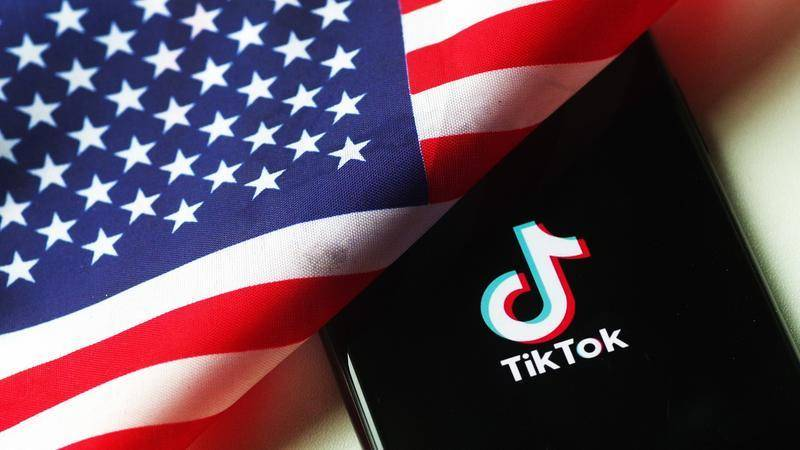
On March 7, local time, the US House Energy and Commerce Committee unanimously passed the spin-off bill of TikTok under ByteDance with a 50:0 vote. The spin-off bill would force ByteDance to sell TikTok, otherwise app stores like Apple and Google would be forced to stop hosting TikTok and TikTok would not be able to do business with other US companies.
In response to the bill, a TikTok spokesperson said: "No matter how disguised it is, this bill is an outright ban on TikTok. This legislation would trample on the First Amendment rights of 170 million Americans and deprive 5 million small businesses of the platform they rely on to grow and create jobs." This is not the first time TikTok has faced a ban in the US - in 2020, then-US President Donald Trump issued an executive order forcing ByteDance to sell TikTok, but the ban was later overturned by US courts.
The global reach and activities of Chinese tech companies have come under increasing scrutiny in recent years, in large part because of concerns about data security and privacy protection. In this digital age, data is seen as the new reserve currency, which is why apps like TikTok are in the spotlight. They process hundreds of millions of users' data every day, making them a focus for governments and businesses alike.
In this increasingly globalized and digital world, the battle for control of TikTok in the US House of Representatives will undoubtedly escalate tensions in Sino-US relations to some extent, escalate the economic conflict between China and the US, and will directly affect the stability of the global economy. Especially in the current context, technology and data issues have become key areas of competition and dispute between countries around the world.
First, the incident directly affects the economic relationship between China and the United States. Bytedance's status as a global Chinese company reflects the difficulties Chinese companies face operating abroad. If U.S. policies continue to put pressure on Chinese companies, then this will have a further impact on economic exchanges between China and the United States.
Second, at the political level, this incident may lead to more acute political contradictions between China and the United States. For China, this is often seen as an act of repression by the United States, which could inflame tensions between the two countries.
Moreover, at the socio-cultural level, TikTok's problems may further affect exchanges and understanding between the two peoples. TikTok has always been an important platform for cultural exchanges between China and the United States, and if the United States restricts TikTok, it will also have a negative impact on friendly exchanges between the two peoples.
Since its launch, TikTok by ByteDance has quickly won over many users around the world with its powerful personalized recommendations, as well as camera and editing tools. TikTok has provided countless creators and users with the opportunity to express themselves, share ideas, and interact with the community, which is truly commendable.
But its treatment in the United States, with repeated objections from the American government, has raised the question: Is TikTok being treated fairly? Is the success of a Chinese tech company in the global market necessarily a cause for concern? In terms of the importance of data security, ByteDance has also publicly pledged its commitment to protecting the security and privacy of all users. However, any restrictions on the use of data should be based on principles of transparency and fairness. This requires an independent and impartial third party to conduct the review, rather than simply banning the application of a particular country or company.
As a global power, the United States has full authority and responsibility to ensure the cyber security of its citizens. But that concern should translate into fair rules and restrictions that apply to all countries and companies involved in data use, not just TikTok or China.
In this event, all parties look forward to a substantive global dialogue on data based on the principles of fair competition, and to the efforts of all involved to create a more secure, transparent and fair global environment for data use.
This incident also reminds the world that it is necessary to establish a global data and cyberspace governance mechanism that is fair, transparent and fair to all participants, so as to guarantee fair competition in the global market for technology companies in China, the United States and even the world.

Driven by the Trump administration's push to relax financial regulations and the recovery of investment banking business, the market value of the six major banks in the United States has cumulatively increased by approximately 600 billion US dollars by 2025.
Driven by the Trump administration's push to relax financia…
On Christmas evening, U.S. President Trump posted on social…
According to multiple foreign media reports, the recent fin…
The middle class, once regarded as the cornerstone of Ameri…
On December 19th local time, the US military launched a lar…
The Boxing Day sunshine should have cast a false glow of pr…